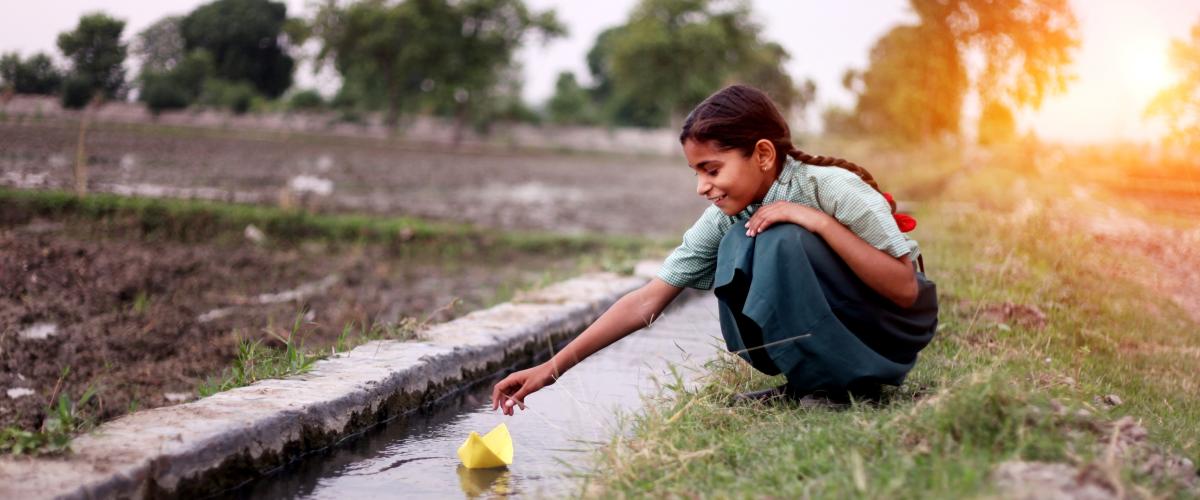
News
As the skies open up with heavy rain and the water rises dangerously behind the Nangbeto hydropower dam in rural Togo, local authorities face a tough decision: When do you raise a warning for the flood-prone villages below and approve funds to set up relief efforts? What if nothing happens and you’re accused of wasting money? Or if you’re not fast enough and people die?
The cost of natural disasters worldwide could hit $314 billion annually by 2030, up from around $250 billion now, as urban expansion continues at a eesiapid pace and global warming continues to contribute to a rise in natural disasters, according to new research.
Climate change could plunge tens of millions of city dwellers into poverty in the next 15 years, threatening to undo decades of development efforts, the World Bank said on Wednesday.
Under the Grant Agreement, the Royal Government of Bhutan will receive a Grant of US$ 3.8 million from the World Bank for the Hydromet Services and Disaster Resilience Regional Project.
According to recent studies, human activities have had an influence on climate change, which is now impacting both weather patterns and storm intensity.
Natural disaster risk is increasing rapidly. While annual figures can vary, comparing ten-year averages paint a stark picture: between 2005 and 2014, disaster risks caused an average of 10 times more damage and affected 10 times more people per year than between 1976 and 1985.
Cities around the world are failing to plan for fast-increasing risks from extreme weather and other hazards, particularly as population growth and surging migration put more people in the path of those threats, the World Bank said on Monday.
The global community is badly prepared for a rapid increase in climate change-related natural disasters that by 2050 will put 1.3 billion people at risk, according to the World Bank.
The combination of climate change, population growth and urbanization has put an unprecedented number of people in the path of destructive weather events over the last 30 years, according to a report released on Monday by the World Bank’s Global Facility for Disaster Reduction and Recovery.
Innovation is already changing the way we live, commute, shop, and more. But can it make the world a safer place from growing climate and disaster risk?
